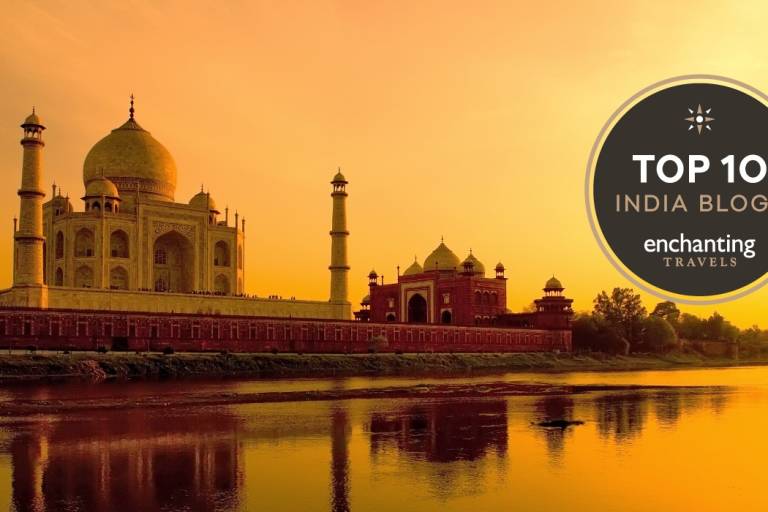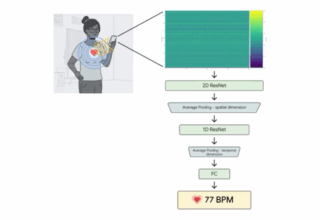When French Economy Minister Emmanuel Macron told supporters in a rousing speech in Paris on July 12 that he would carry them to victory in next year’s elections, he left them in little doubt that he wanted to run for president.
Two days later, a 19-tonne truck mowed down a crowd celebrating Bastille Day in Nice, killing 85 people and destroying the momentum built over months by the youthful minister, as security issues eclipsed all others in the media.
“On such tragic events, it’s normal to let speak those who can act,” a close adviser to Macron told Reuters. “We didn’t try to put ourselves forward, it would have been indecent and disgraceful. The responsible thing to do was keep quiet.”
Months ago, all the talk was of Macron, a 38-year-old unelected former investment banker, as he created his own political movement and refused to confirm or deny that he will run for president in 2017.
He made a name for himself criticising sacred cows of the French “social model” such as the 35-hour working week, iron-clad job protection and civil servants’ jobs for life, and in the process became the most popular minister in the Socialist government.
COMMANDER-IN-CHIEF REQUIRED
But suddenly, voters are looking beyond the sluggish economy and questioning potential candidates’ credentials on law and order, where Macron has no experience.
“The French are looking for a candidate with shoulders broad enough to tackle this new situation, basically a commander-in-chief,” said Jerome Fourquet, analyst for pollster IFOP.
More than that, the prevailing mood leaves little room for Macron to step down and challenge his boss for the presidency.
“Not only would he be letting down the ones he owes much to, but he would be doing it just as the country is at war, and the government is trying to get out of a very complicated situation,” Fourquet said.
Macron’s views on terrorism also jar with the current tough political consensus.
“Someone with a beard or a Muslim-sounding name is four times less likely to land a job interview than anybody else,” he was reported as telling the think-tank Les Gracques shortly after Islamist attackers killed 130 people in Paris in November.
“We are responsible for some of that, because totalitarianism feeds off the defiance that we allow to take root in our society.”
That may sound like common sense in other parts of Europe, but he was slapped down by party grandees such as Prime Minister Manuel Valls, who ridiculed those who were looking for “social, sociological and cultural excuses” for jihadists.
More recently, President Francois Hollande pointedly derided those who wanted to “pursue a different politics … as if that existed!”.
NOT ONLY SECURITY
Still, Macron is unapologetic.
“He certainly stands by what he said on how the answer to terrorism should not only be more security,” his adviser said. “But he can only spell out his thinking once the public debate has calmed down.”
Macron, whose party has sent volunteers door-to-door across France over the summer to collect voters’ grievances, will in September unveil his “diagnosis” for the country.
It will include security policies, but his supporters say that, with unemployment around 10 percent, law and order will not be the only issue in the battle for the presidency.
They point out that the first Islamist killing in France in more than 15 years, when al-Qaeda inspired gunman Mohammed Merah killed seven people including three children in and around Toulouse, took place just two months before the last presidential election in 2012.
Commentators suggested that this would guarantee conservative ex-president Nicolas Sarkozy and far-right leader Marine Le Pen – both likely to run again next year – a place in the runoff.
But the winner was a man with no experience on security, who had never been a minister, and was even nicknamed “Flanby” after a brand of wobbly pudding: Francois Hollande.
[Source: Reauters]


















